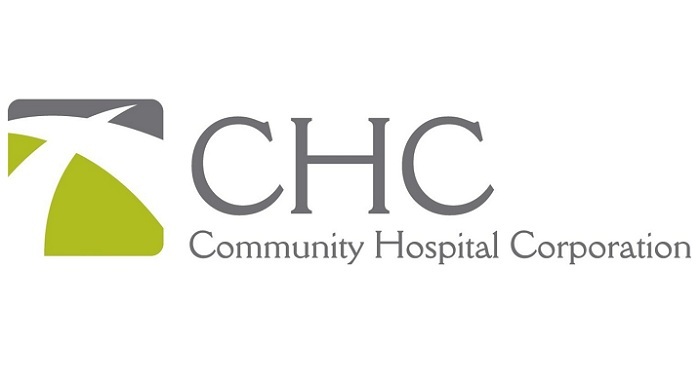Acute care hospitals don’t have to become victims of the current nursing shortage if they implement various strategies to protect themselves from the Great Resignation that has taken a toll on the healthcare industry, according to Community Hospital Corporation (CHC).
Jill Bayless, CHC Senior Vice President of Clinical Services, says hospitals should implement measures to help prevent nurses leaving their profession earlier than expected, echoing an industry study last year that found nurses quitting at a dramatically higher rate than in previous years.
“The nursing exodus is driven, in part, by a desire for better work-life balance,” says Bayless. “Double shifts, erratic and inconsistent scheduling, and menial tasks are contributing factors that have led to a sense of imbalance and job dissatisfaction among nurses. This situation has worsened mainly due to COVID-19’s ongoing impact on healthcare workers.”
The nursing shortage comes at an inopportune time when more, not less, healthcare is required to care for an aging Baby Boomer population and more people being eligible for health insurance. The problem is compounded by a lack of clinical training opportunities and dwindling numbers of nurse educators, resulting in fewer newly trained nurses.
Hiring and Retaining Nurses Requires Multipronged Strategy
To find and retain nurses, many hospitals have raised salaries and offered bonuses. But monetary incentives are only part of the solution. It requires a multipronged strategy to be effective which includes onboarding, flexible staffing and schedules, professional development, among other measures. “Well-structured and engaging onboarding lays the foundation for other retention initiatives,” Bayless noted.
Flexible staffing, new care models, and alternative schedules
To improve job retention, hospitals may offer temporary assignments to new hires, and accommodate experienced nurses’ scheduling needs, including flexible hours to forestall retirement. Telehealth positions allowing some nursing duties to be performed remotely are increasingly prevalent.
Some hospitals have implemented different staffing models, such as team nursing which provides care to a larger group of patients than an RN could perform alone. Schedules and team assignments are planned so that nurses are practicing at the top of their license or competency, according to Bayless. This approach enables nurses to dedicate more time to patients and tasks that require specialized skills and allows for non-skilled nursing duties to be provided by team members.
Professional Development Opportunities
Bayless also believes that professional development is imperative for those with leadership aspirations but also for engaging less-experienced nurses and ancillary staff through learning opportunities and exposing them to other career-path options within the acute care setting.
Support Systems and Safety Nets
Onboarding support is another retention strategy that fosters a sense of belonging and community, as well as makes nurses feel that they can voice concerns and communicate vital information and that leaders will listen. To help nurses cope with the hardships of the profession, Bayless says hospitals might consider establishing peer support groups, help lines, and encouraging the utilization of EAP services.
Formal and Informal Recognition
Bonuses and awards are ways to formally recognize individual achievements; however, informal, day-to-day genuine displays of affection-including thank you notes, social media posts, verbal kudos, and public verbal thank you’s are also an effective way to acknowledge employees who complete a new degree or obtain a new certification.
“Hospital leaders must explore ways to support and engage nurses so that they remain committed to community hospitals, allowing hospitals to offer the highest patient care possible,” says Bayless.
Community Hospital Corporation owns, manages and consults with hospitals through CHC Hospitals, CHC Consulting and CHC ContinueCARE.



















